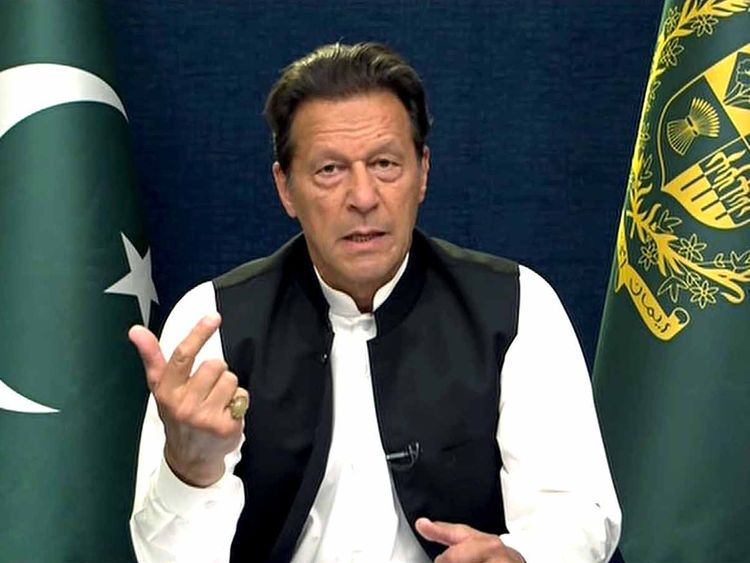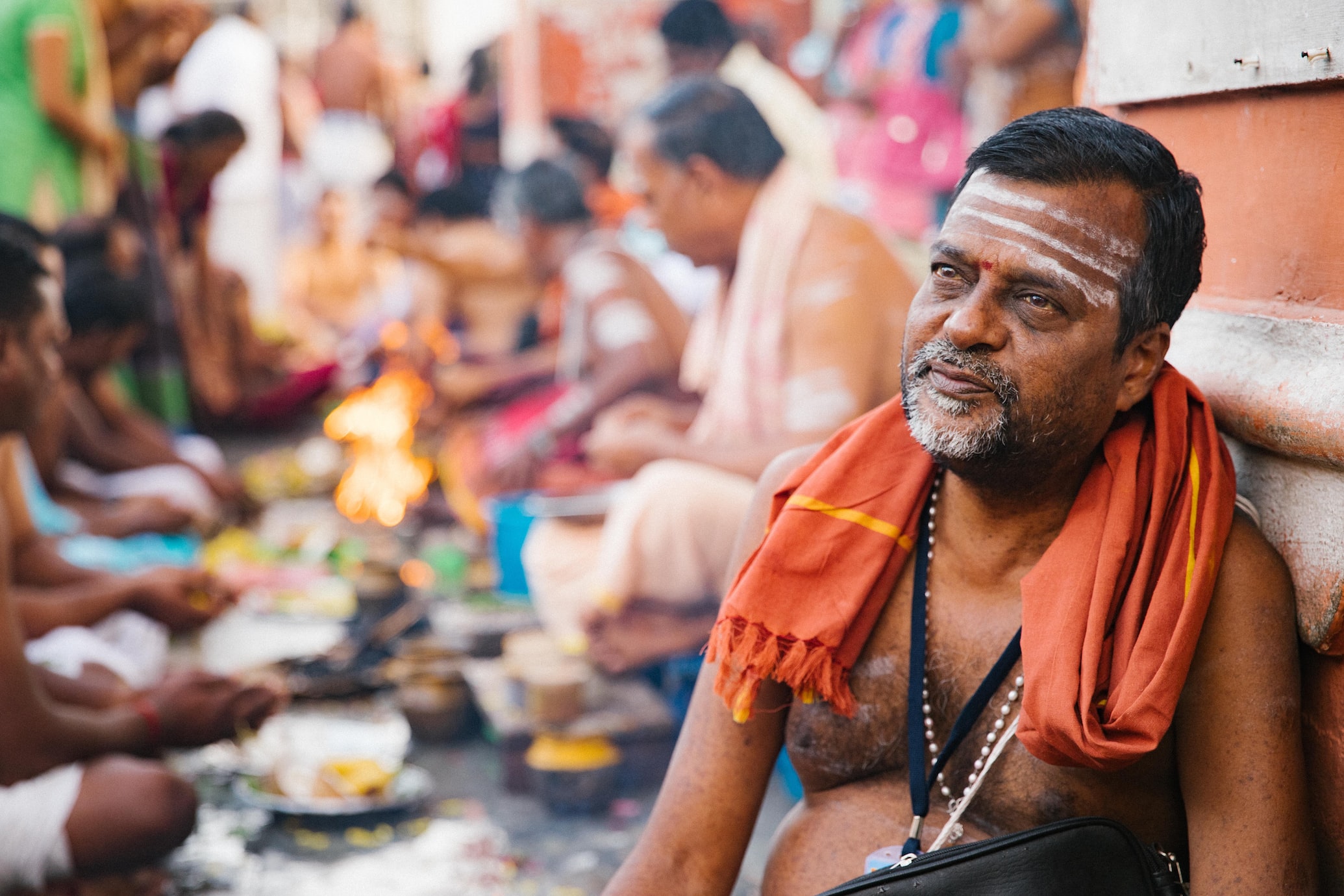The verdict has ignited a storm of controversy, with many observers claiming that the charges were politically motivated and designed to silence a prominent opposition figure.
Imran Khan, once hailed as a charismatic and popular leader during his tenure as Prime Minister, now finds himself at the centre of a high-stakes political drama. Critics argue that the corruption charges against him are part of a broader strategy orchestrated by the current Prime Minister, Shehbaz Sharif, to eliminate a potent political adversary and cement his own grip on power after he took control of the Pakistani government without an election.
Khan's fall from grace has its roots in his crusade against corruption, which struck a chord with the masses and propelled him into office. However, his efforts to root out corruption have earned him powerful enemies within and beyond Pakistan's borders. Some analysts speculate that foreign powers felt threatened by Khan's popularity and his stance against corruption, leading to alleged interference by Western agencies in collaboration with the Pakistani army that eventually contributed to his removal from office.
The backdrop of this controversy is the prolonged exposé on the Sharif family's alleged embezzlement of public funds, which shook Pakistan's political landscape. The Sharif family, historically a prominent political force, faced years of scrutiny and embarrassment as their practices were exposed and people became aware of their property portfolio which includes multi-million pound properties in the UK. It is against this backdrop that it seems they sought to divert attention from their own scandals by implicating Imran Khan in similar corruption charges.
The legal proceedings against Imran Khan have also been marred by accusations of unfairness and illegality. Critics have derided the trial process as resembling a circus, with allegations of a lack of due process and transparency. International human rights organisations and democratic watchdogs have raised concerns over the integrity of the judicial process, with his own lawyer referring to the trials as a "kangaroo-type court."
The international community, already concerned about the state of democracy and governance in Pakistan, has condemned the actions of the government. Diplomatic leaders from various countries have expressed their reservations about the verdict and the circumstances leading up to it. Calls for a fair and transparent review of the case have intensified, urging Pakistan's government to ensure the protection of democratic norms and principles.
The sentencing of Imran Khan has escalated tensions within Pakistan, with protests and demonstrations erupting in various parts of the country. Supporters of Khan have taken to the streets, denouncing the verdict and demanding justice. These protests add a volatile element to an already precarious situation, raising concerns about the potential for further instability.
As the Pakistani government faces international backlash and domestic unrest, the nation's political future remains uncertain. The outcome of the legal battle against Imran Khan could have far-reaching consequences not only for the individuals involved but also for the trajectory of Pakistani democracy and the country's standing on the global stage.


